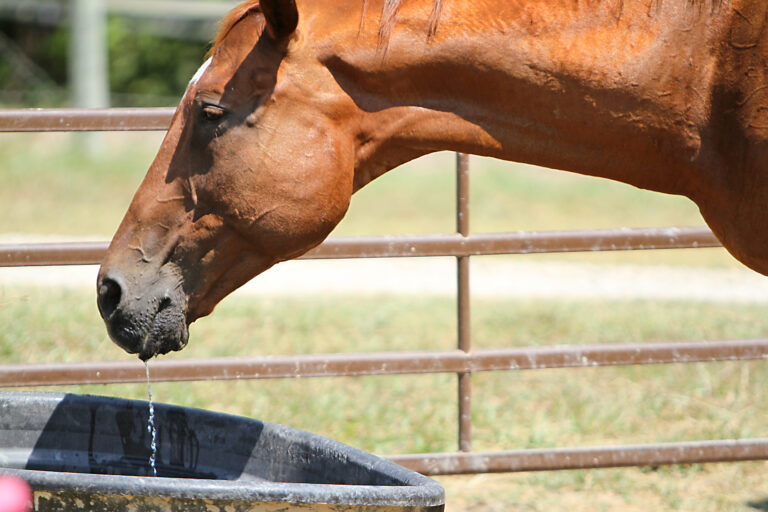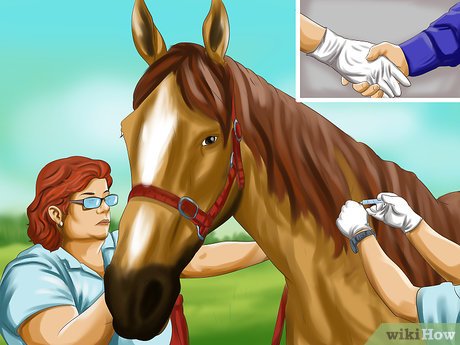Vaccination Schedule for Adult Horses Explained

Vaccination is a crucial aspect of maintaining the health and well-being of adult horses. Proper immunization protects horses from various infectious diseases, some of which can be life-threatening or have severe health consequences. Understanding the vaccination schedule helps horse owners ensure timely and effective protection.
Why Vaccinate Adult Horses?

Adult horses, even if previously vaccinated, require regular booster shots to maintain immunity. Vaccines stimulate the horse’s immune system to recognize and fight specific pathogens, reducing the risk of disease outbreaks.
Core Vaccines for Adult Horses
Core vaccines are recommended for all horses regardless of their lifestyle or geographic location. These vaccines protect against diseases that are widespread and pose significant health risks.
| Vaccine | Disease Prevented | Initial Dose | Booster Frequency |
|---|---|---|---|
| Tetanus | Tetanus (lockjaw) | 1 dose | Every 1-3 years |
| Eastern/Western Encephalomyelitis (EEE/WEE) | Viral encephalitis | 1 dose | Annually |
| West Nile Virus | West Nile Virus infection | 1 dose | Annually |
| Rabies | Rabies | 1 dose | Annually |
Risk-Based Vaccines
These vaccines are given based on the horse’s exposure risk, environment, and travel habits.
- Equine Influenza: Recommended for horses in contact with others or traveling frequently; booster every 6 months.
- Equine Herpesvirus (EHV-1 and EHV-4): Important for breeding or show horses; booster every 6 months.
- Strangles: Recommended in areas where the disease is common; booster as advised by a veterinarian.
General Vaccination Guidelines
- Consult your veterinarian to tailor the vaccination schedule to your horse’s specific needs.
- Keep detailed records of all vaccinations.
- Administer vaccines during periods of good health.
- Follow manufacturer and veterinary recommendations for storage and administration.
Frequently Asked Questions (FAQ)
Q: Can adult horses receive all vaccines at once?
A: While many vaccines can be administered simultaneously, it is best to consult your veterinarian to avoid adverse reactions and ensure optimal immune response.
Q: How do I know if my horse needs a booster?
A: Booster schedules depend on the vaccine type and risk factors. Regular veterinary check-ups help determine the need for boosters.
Q: Are there side effects to vaccines?
A: Mild side effects like swelling or soreness at the injection site are common. Severe reactions are rare but require immediate veterinary attention.
Conclusion
Maintaining an up-to-date vaccination schedule is essential for the health and longevity of adult horses. By understanding the core and risk-based vaccines, horse owners can make informed decisions to protect their animals effectively.
